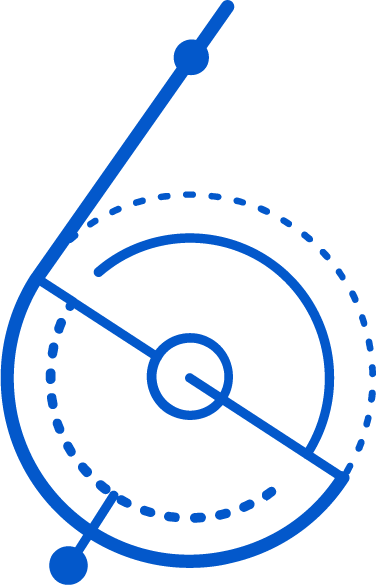The Most Common Fall Illnesses and How to Avoid Them
Keep an eye out for these fall illnesses and follow these tips to stay healthy this Fall season
The flu isn't the only star of sickness this Fall. Many other illnesses reach their peak once the weather gets colder. Common culprits include sore throats, the common cold, and a runny nose. But what other conditions should you look for this Fall, and how do you avoid them? Throughout this blog, we'll cover what symptoms to look for and how to avoid getting sick this Fall.
Allergies
Allergies aren't only for spring; they also make a guest appearance during the Fall. The biggest allergy triggers in the Fall are ragweed and mold spores.
Preventative Tips:
· Keep your house cleaned and clear of dust
· Keep windows closed
· Check the pollen count and air quality before leaving your home
Norovirus
According to the CDC, "Noroviruses are the leading cause of foodborne illness, but other germs and chemicals can also cause foodborne illness." The Norovirus can get confused with the stomach flu, which stems from the influenza virus.
Preventative Tips
· Wash your hands regularly, especially before preparing food and consuming it
· Clean and disinfect surfaces
· Clean clothes and linens regularly
· Cook shellfish thoroughly
Acute Ear Infections
When you think of Fall, you might not automatically think of ear infections, when in reality, "Ear infections are one of the most common reasons parents take their children to the health care provider." (Medline Plus) This can be from a build-up of fluid from the back of the throat that can be triggered during colder months.
Preventative Tips
· Wash the hands of your children and your hands regularly
· Avoid using pacifiers
· Avoid smoking
· Make sure your child's immunizations are up to date (learn more by checking your child's proactive care profile in the Cix Health app here)
Arthritis
Although arthritis is a condition that affects people year-round, those with the illness feel that symptoms worsen when cold and damp weather is present.
Preventative Tips
· Stretch Regularly
· Quit Smoking
· Have an exercise routine indoors
Seasonal Affective Disorder (SAD)
Seasonal affective disorder (SAD) is a type of depression related to seasonal changes (Mayo Clinic). It's easy to confuse this disorder with regular "winter blues," but it's essential to take your mental health seriously and reach out to a professional for treatment when necessary.
Preventative Tips
· Light Therapy
· Psychotherapy
· Normalize Sleeping Patterns
· Exercise Regularly
If you are experiencing symptoms from any of these conditions, get in touch with your primary care doctor to find the best treatment plan. Additionally, you can add your symptoms and conditions to your Cix Health profile here, to receive intuitive notifications and recommendations to combat any Fall illness.


